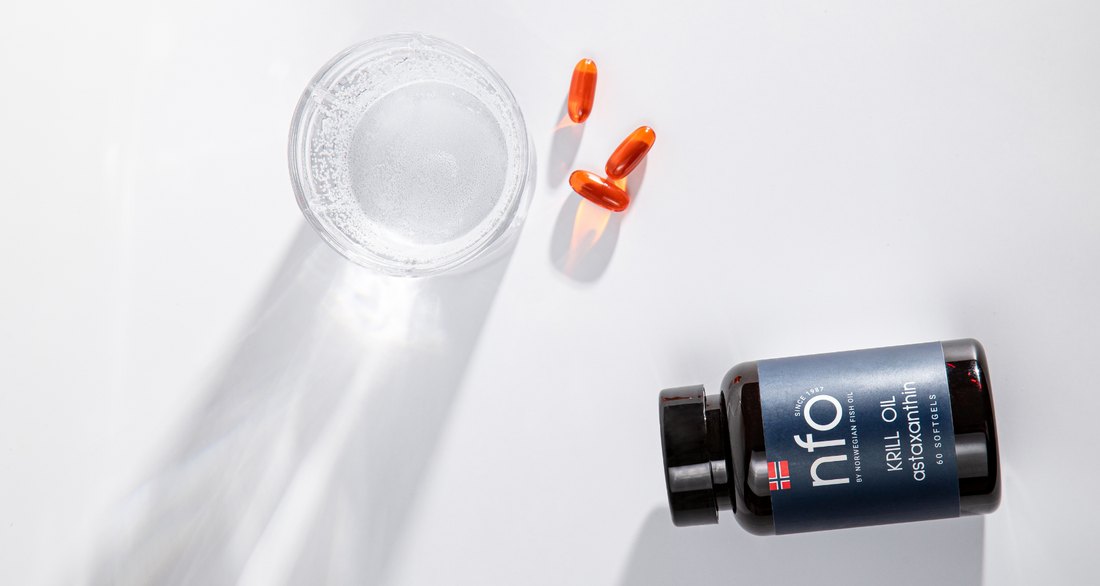
Introduction
Fish oil has had its glory days. For years, it was the superstar of the supplement world: omega-3s, heart health, joint support – all wrapped up in one massive softgel. But times have changed. Enter krill oil: the sleeker, sharper, and more efficient upgrade that is quietly stealing the spotlight.
If fish oil is the reliable old Nokia, krill oil is the shiny smartphone with all the new features. Supplement-savvy consumers are making the switch, and it is not just hype. Here are the top ten reasons why krill oil might deserve a spot in your wellness line-up.
1. Phospholipids = better absorption
Here is the science bit, made simple: krill oil delivers omega-3s in phospholipid form, which is more bioavailable than the triglyceride form in standard fish oil. Translation: your body actually absorbs and uses more of it, rather than letting it pass through. Think of it as upgrading from dial-up to fibre broadband.
2. Bye-bye fishy burps
If you have ever popped a fish oil softgel only to spend the next two hours tasting sushi you never ordered, you know the struggle. Krill oil is far less likely to cause those dreaded fishy burps or reflux. Smaller capsules, easier digestion, and no awkward aftertaste – your social life will thank you.
3. Astaxanthin: the built-in antioxidant
Fish oil needs added antioxidants to stop it going rancid. Krill oil? It comes with astaxanthin, a naturally occurring carotenoid that not only protects the oil but also acts as an antioxidant for your body. That vibrant red colour in krill oil softgels? That is the astaxanthin at work. It is like buying a smoothie with the superfood shot already blended in.
4. Cleaner source, lower in toxins
Krill sit right at the bottom of the marine food chain. Because they are tiny and short-lived, they do not accumulate high levels of mercury, PCBs, or other nasties that can build up in larger fish like tuna. The result? A cleaner supplement with fewer toxins, so you can feel better about what you are swallowing.
5. Better brain and mood support
Omega-3 fatty acids, especially DHA, are vital for brain health. Krill oil’s phospholipid structure may make it easier for DHA to cross the blood-brain barrier. This means sharper focus, steadier mood, and potentially even support for cognitive ageing. If fish oil is brain fuel, krill oil is the premium unleaded.
6. Joint health and inflammation fighter
Inflammation is at the root of many issues, from stiff joints to chronic conditions. Krill oil’s blend of EPA, DHA, and astaxanthin has been shown to help reduce inflammatory markers. Many users report feeling looser, less achy, and more mobile. Fish oil does this too, but krill oil’s unique combo may give it the edge.
7. Smaller, more potent capsules
Nobody loves swallowing horse-sized fish oil softgels. Because of the higher absorption rate, you often need less krill oil to get the same omega-3 effect. That means smaller, easier-to-take capsules without sacrificing benefits. It is the minimalist capsule routine.
8. Sustainability points
Let us talk eco. The krill harvest in Antarctica is tightly regulated by the Commission for the Conservation of Antarctic Marine Living Resources (CCAMLR). Many krill oil products also carry independent sustainability certifications. With krill oil, you can support your health while staying mindful of the planet – something that is not always guaranteed with large-scale fish oil production.
9. Longer shelf life
Fish oil is infamous for going rancid if it is not refrigerated or stabilised. Oxidised oil = not good for your cells. Krill oil naturally stays fresh longer because of its built-in astaxanthin. That means you are not accidentally taking a capsule of free radicals when you were aiming for antioxidants.
10. The “cool factor”
Let us be honest: fish oil is what your parents stocked in the medicine cabinet. Krill oil feels new, advanced, and, dare we say it, a little cooler. It is not about chasing trends, but about recognising when science has handed you an upgrade. And right now, krill oil is definitely that upgrade.
Final thoughts
Fish oil has done a solid job for decades, but krill oil is stepping up with superior absorption, built-in antioxidants, cleaner sourcing, and fewer side effects. For supplement-savvy consumers who want maximum benefit without compromise, the switch makes sense.
Think of it this way: fish oil is the VHS tape, krill oil is the streaming service. Same story, better format.
References
- Ulven, S. M., & Holven, K. B. (2015). Comparison of bioavailability of krill oil versus fish oil and health effect. Lipids in Health and Disease, 14(1), 208.
- Saldeen, T., & Yang, B. (2015). Krill oil: Effects on cardiovascular risk factors. Vascular Health and Risk Management, 11, 203–212.
- Winther, B., Hoem, N., Berge, K., & Reubsaet, L. (2011). Elucidation of phospholipid fatty acid composition in krill oil and fish oil. Lipids, 46(1), 25–36.
- Tou, J. C., Jaczynski, J., & Chen, Y. C. (2007). Krill for human consumption: Nutritional value and potential health benefits. Nutrition Reviews, 65(2), 63–77.
- Commission for the Conservation of Antarctic Marine Living Resources (CCAMLR). (2023). Sustainable Krill Management in the Southern Ocean.
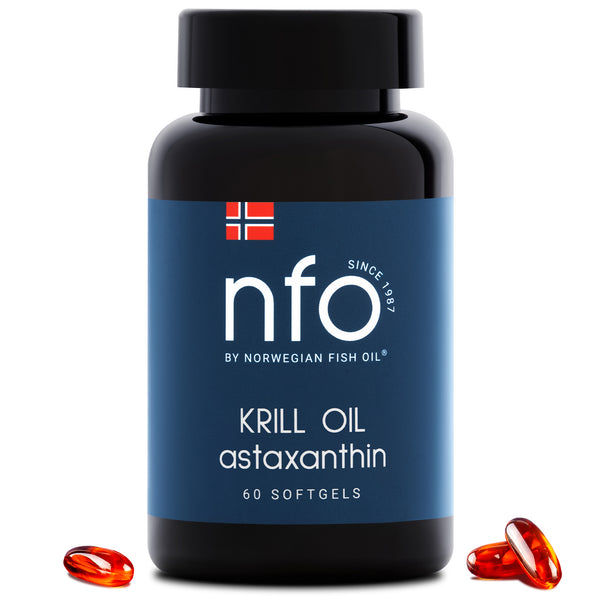
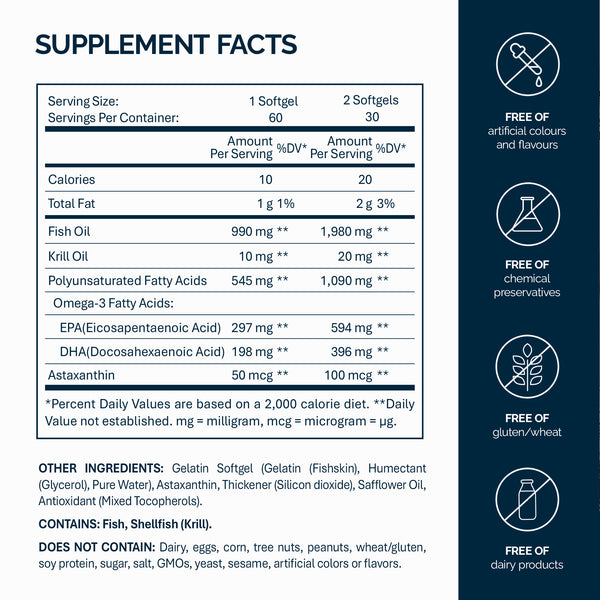
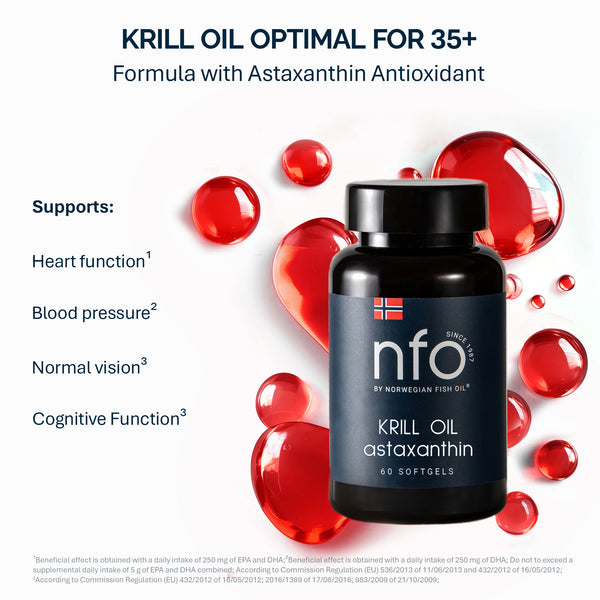
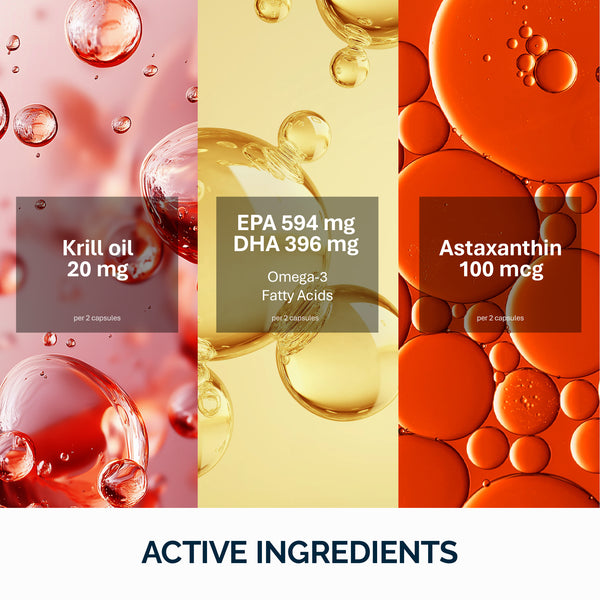
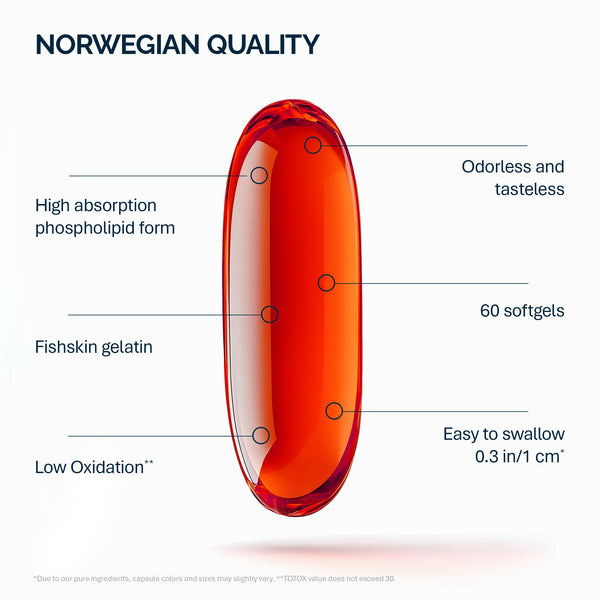
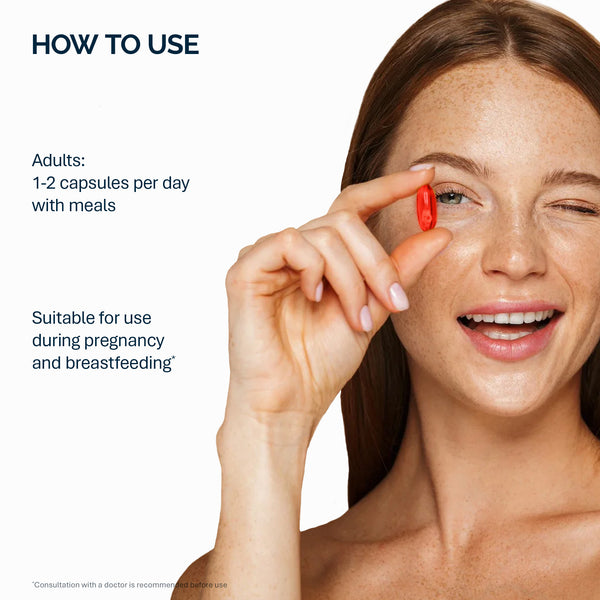
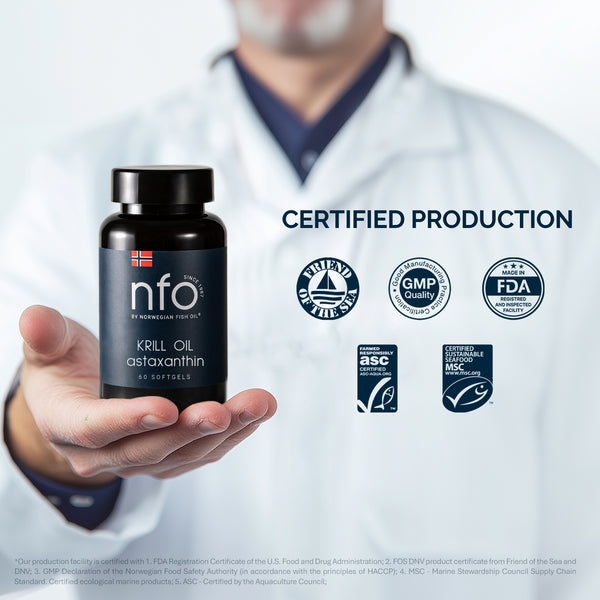
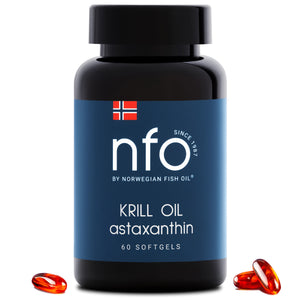
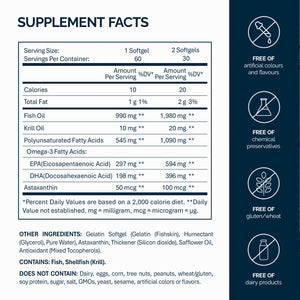
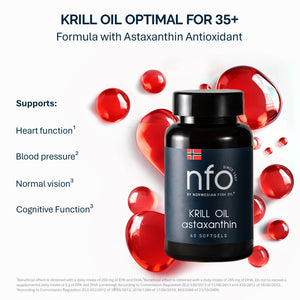
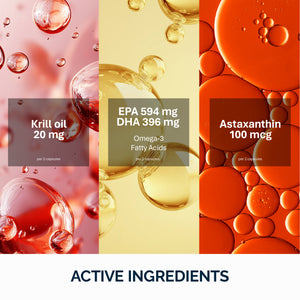
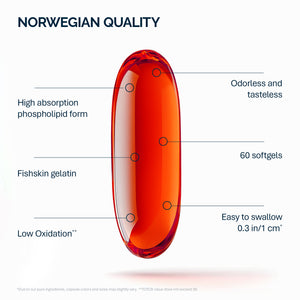
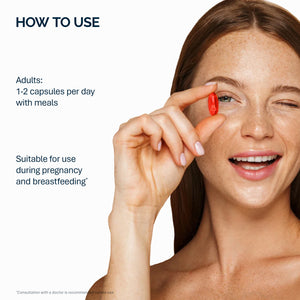
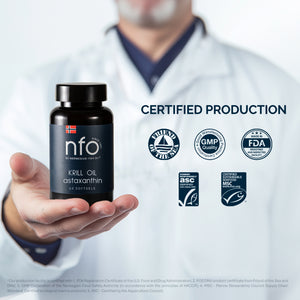


1 comment
This is such a helpful breakdown! I never realized krill oil had so many advantages over traditional fish oil, especially with absorption and fewer side effects. Definitely giving it a try!